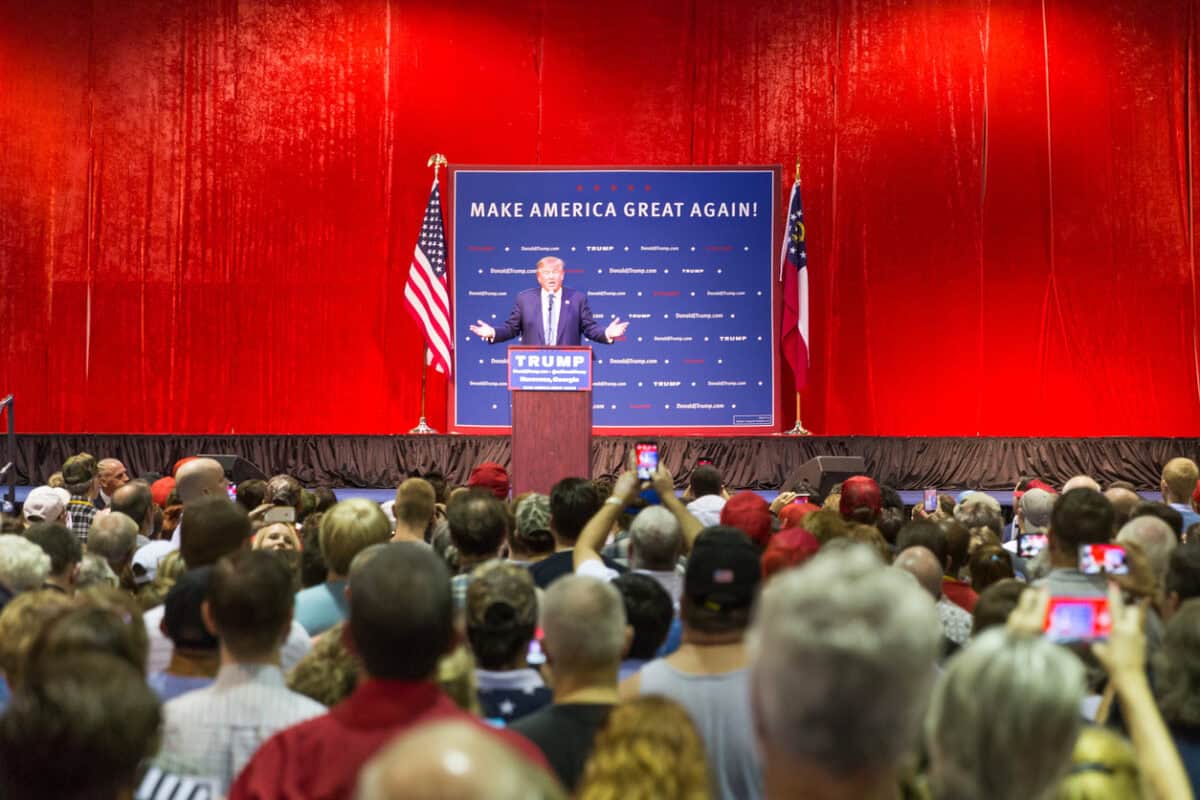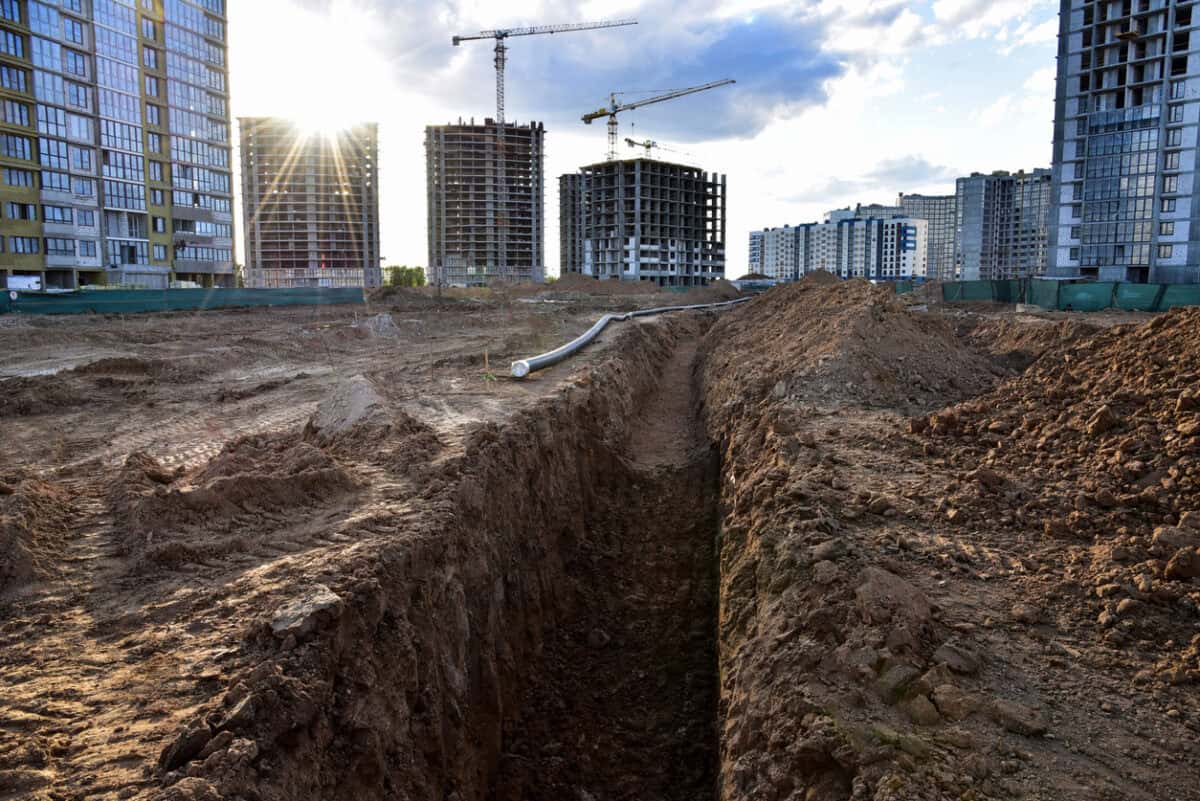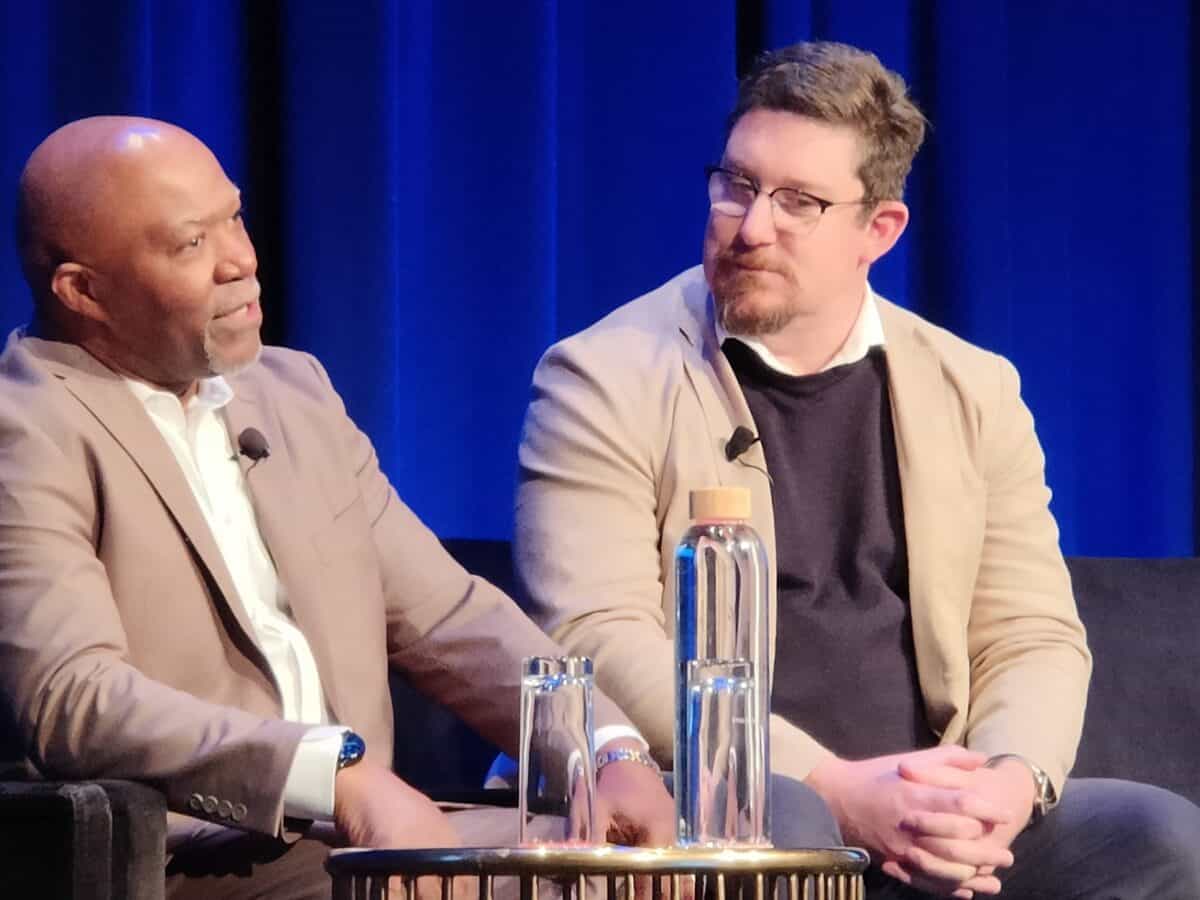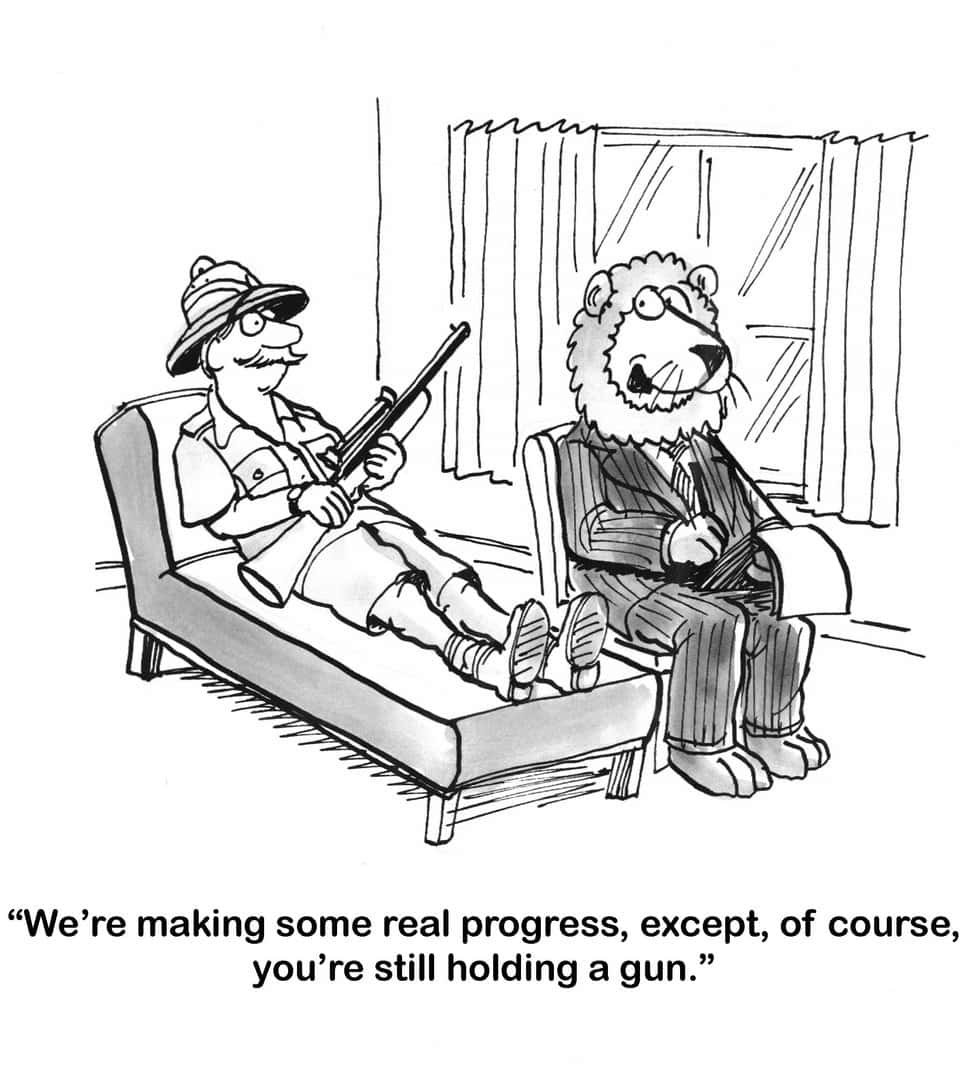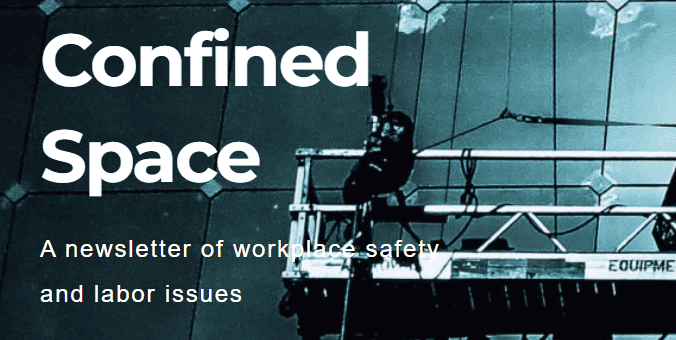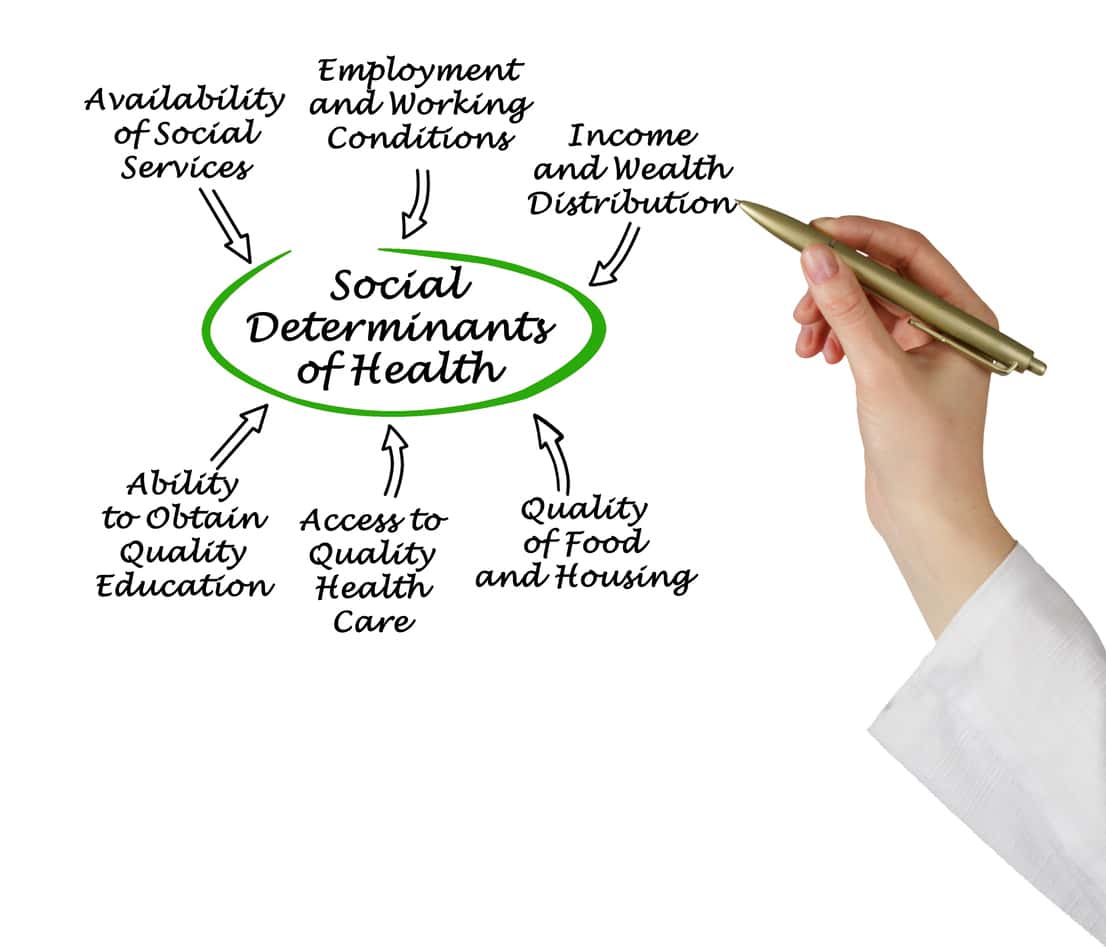One of the learnings from the recent report into the Grenfell Tower Fire was the failure of regulations and their enforcement. Much attention was given to many of these failures happening during the UK Government’s “red tape challenge” where two (or more) regulations were removed for every one introduced.
Category: United States
Trenching deaths and radio report
I am a fan of NPR’s radio program, All Things Considered. Occasionally, it reports on workplace health and safety matters. On July 19, 2024, it reported on the unacceptable number of deaths from trenching activities in the United States. The content was shocking and disappointing (the default setting for many reactions to occupational health and safety (OHS) matters), but the report’s format is an excellent example of journalism.
I David Daniels’ US perspective on psychosocial risks at work
Many conference delegates spoke highly of international speaker I David Daniels at the recent Psych Health and Safety conference. Daniels has a long occupational health and safety (OHS) career and hosts the United States version of the Psych Health and Safety podcast. His OHS perspectives, including his discussions about race, were significant.
Gun control, primary prevention and OHS
Our experience with a global pandemic has blurred the lines between what is public health and what is occupational health. In that context, it’s worth considering the public health strategies and interventions. There are three levels of interventions: primary, secondary, and tertiary. Recently, on NPR’s All Things Considered, a public health specialist in the United States, Dr. Cedric Dark, discussed public health proposed strategies in relation to gun control in light of a recent report by the US Surgeon General.
OHS is politics
Jordan Barab is a major voice in occupational health and safety (OHS) in the United States. This year he chalks up 20 years of his Confined Spaces blog. His latest year-in-review article includes a political perspective that Australian OHS professionals and institutions should consider.
Why is profit put before safety?
Occupational health and safety (OHS) is a remarkably insular profession. It tends to narrow its focus on legislative compliance even though Social Determinants of Health is a core unit of tertiary OHS education. OHS professionals are also notably weak in understanding the business realities that their employers and customers face. This inability to understand the economic realities is a common criticism of OHS, not reflecting “common sense” and being naïve.
To understand OHS’ limitations and potential, it is necessary to have a basic knowledge of the economic and political ideologies under which clients and employers work. “The Big Myth – How American Business Taught Us to Loathe Government and Love the Free Market”, by Naomi Oreskes and Erik M Conway, contributes to that understanding.
The US take on heat and climate change
Coincidentally, as Europe burns and a little blog in Australia writes about the occupational context of excessive heat, a new book called Heat – Life and Death on a scorched planet was in the bookstores. Jeff Goodell, like so many North American authors, writes for his local readers even though his publishers sell books globally.
However, he does address the occupational health and safety (OHS) impacts of heat and offers some adaptations.

